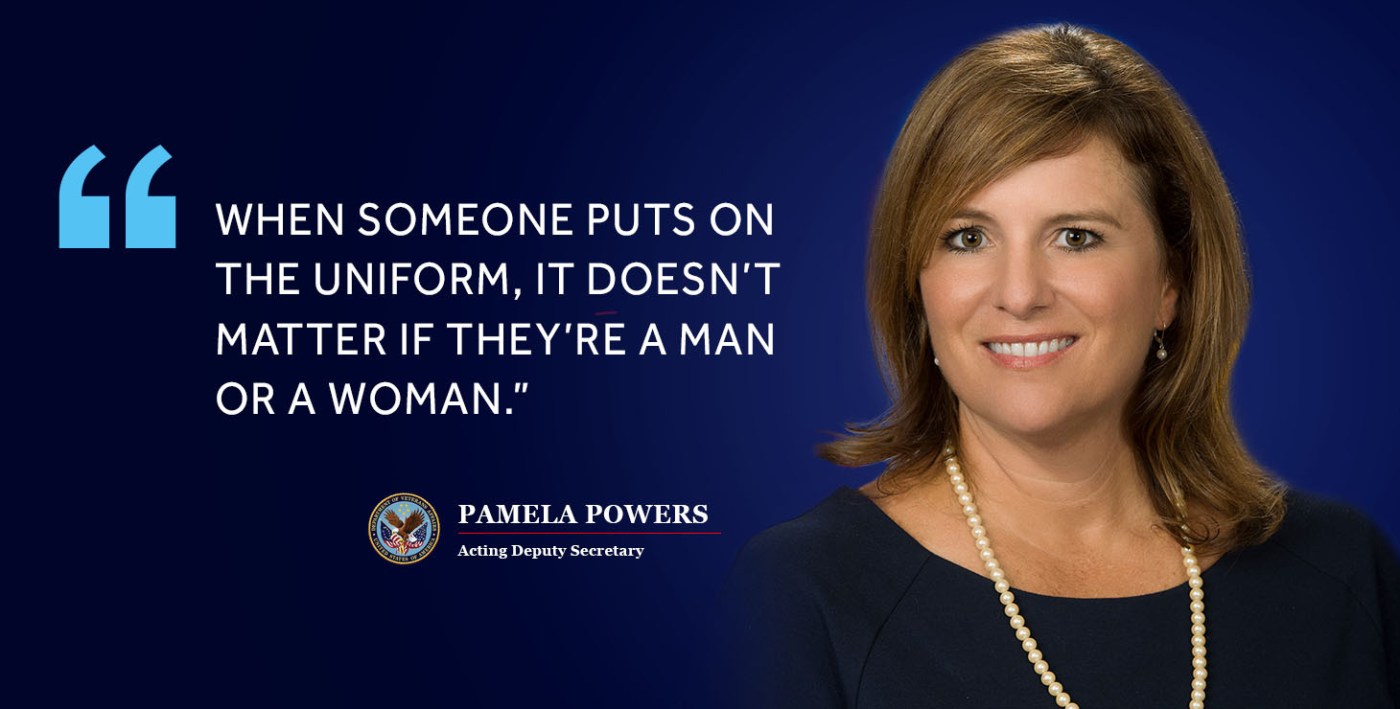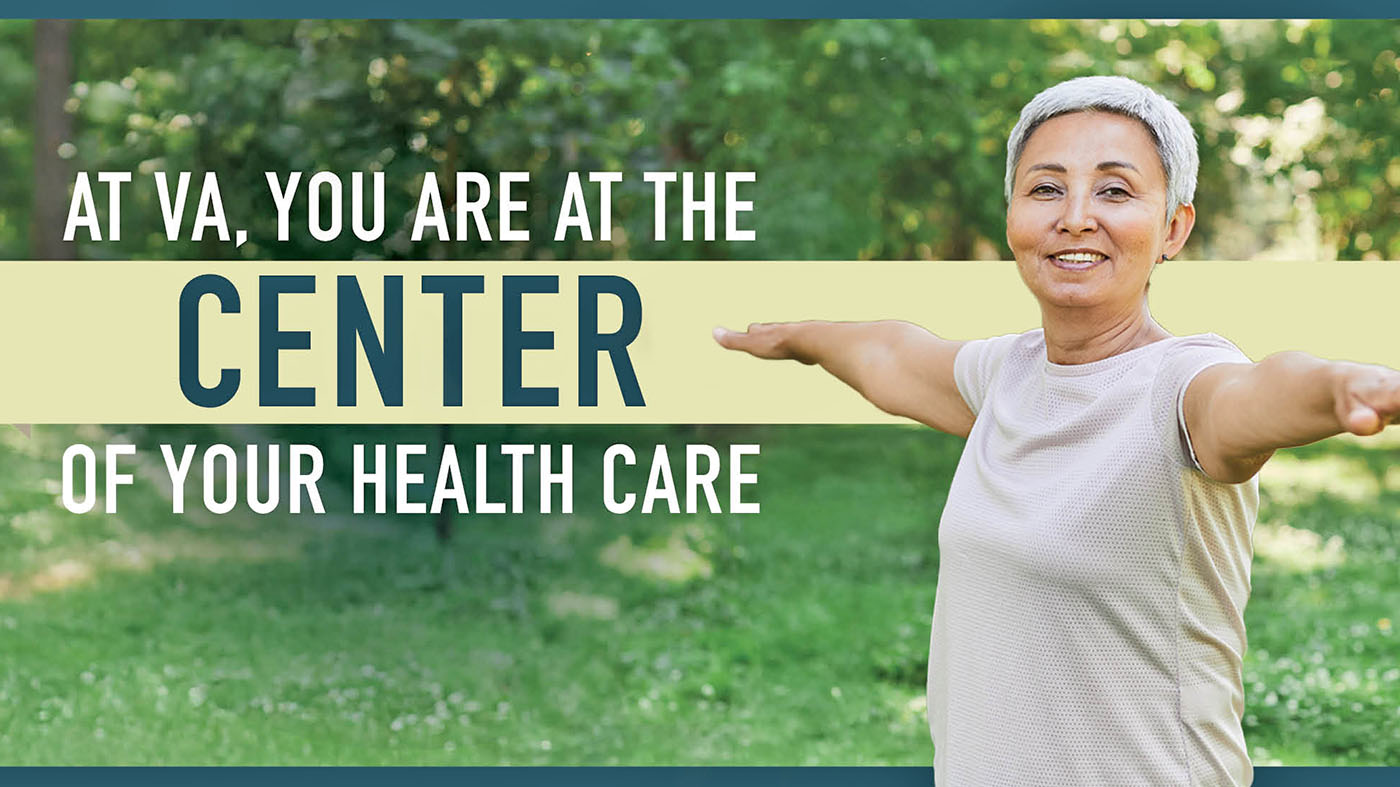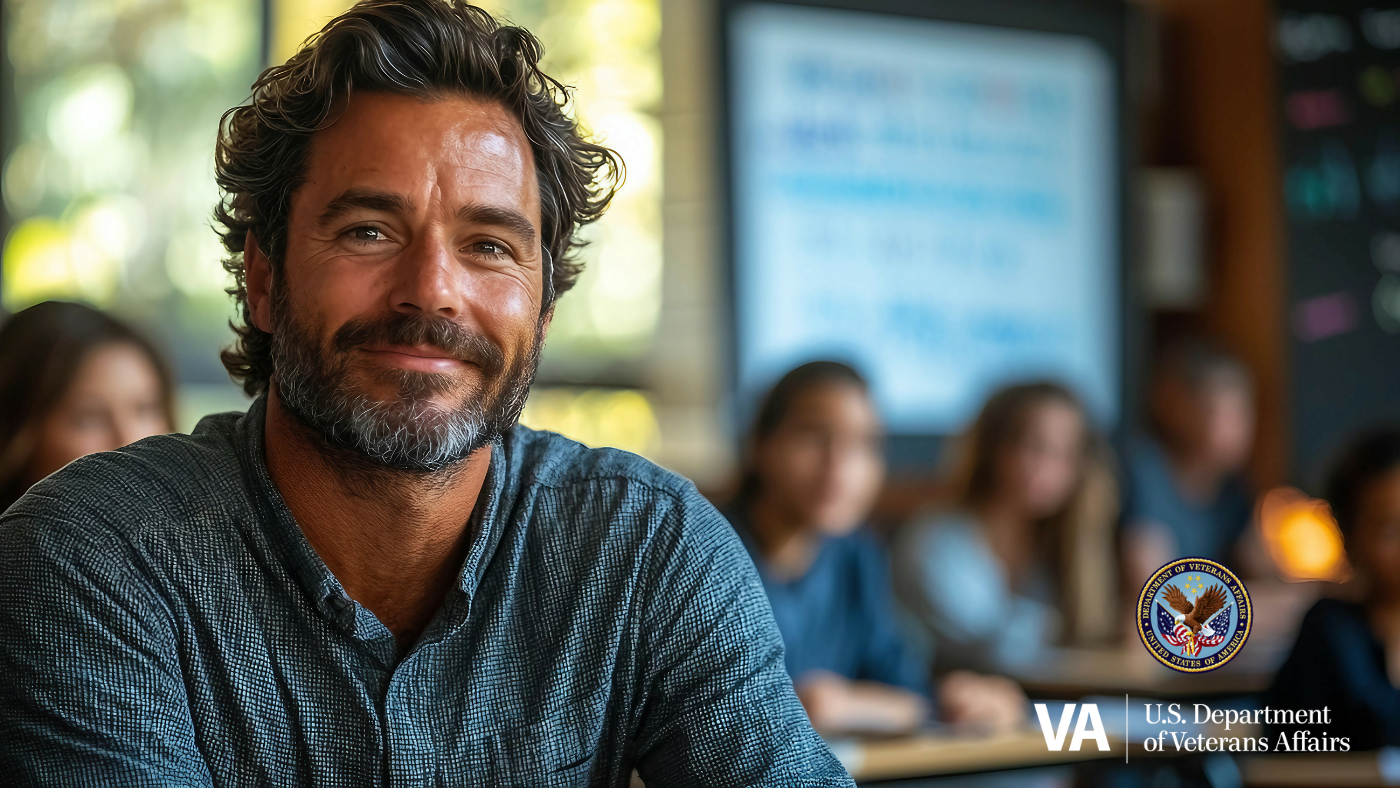This week I was given an incredible statistic: Just 20 years ago, VA served a little more than 150,000 women Veterans. This was before 9/11, an event that prompted so many American men and women to enlist and defend their country.
Today, VA is serving more than 740,000 women Veterans. That’s more than four times as many women coming to VA for the health care and benefits they earned through their service.
This dramatic growth is a welcome sign that opportunities are opening up for women in the armed forces more than ever before. It also represents a challenge for VA, which needs to evolve to meet the needs of these women patriots.
The good news is that thanks to your hard work, VA is meeting this challenge by making sure we have the capacity to care for every woman who walks through our doors.
We have at least two women’s health care providers at each of our health care facilities who provide gynecology, maternity, specialty care and mental health services for women. We are using our modernized electronic health record to more closely track breast and reproductive care in order to produce better health care outcomes for women. We are also reducing and eliminating gender disparities in areas like chronic disease management and prevention.
As a result, our latest outpatient surveys show that 83.8% of women trust the care they receive at VA. That trust reflects your ongoing commitment to making sure VA serves anyone who served this nation.
There is another kind of trust we need to instill at VA: trust that women will be treated with the respect they have earned. But we are making important progress here as well.
As soon as he took the job in 2018, Secretary Wilkie understood the importance of making sure all our women Veterans feel safe and comfortable here. VA has made it clear that this not a boy’s club, and that there is no tolerance for sexual harassment, assault or any other behavior that creates a hostile environment for women.
We have backed up that policy with action that has been supported by VA staff across the country. We have trained staff on our collective responsibility to serve women Veterans, stressed the importance of taking sexual harassment incidents seriously, committed resources aimed at preventing these incidents from happening, and pushed for the thorough investigation of these incidents when they do occur.
In 2019, VA established a Harassment and Assault Policy and Reporting Task Force to strengthen efforts to crack down on assault and harassment, and boost reporting procedures. Many of you participated in 2019’s Stand Up to Stop Harassment Now campaign, which encouraged patients, staff, visitors and volunteers to intervene whenever possible and report harassment to supervisors.
This year, I personally oversaw a council of experts within VA to ensure our efforts to keep women Veterans safe were strategically aligned and as strong as possible. VA also launched a database on sexual assault incident reporting that will help VA track and analyze sexual assault and harassment, and give us the information we need to target our efforts to reduce these incidents further.
And our Center for Women Veterans has amplified these messages to Veterans and staff through its “I Am Not Invisible” campaigns, new employee orientation sessions, outreach sessions with minority women Veterans, and more widely on social media.
When someone puts on the uniform, it doesn’t matter if they’re a man or a woman. What matters is that that person loves this country so much they are compelled to defend it, and that should compel us to do our very best to give them the respect and compassion they have earned when they arrive at VA.
I’m proud to be working with so many at VA who share this goal, and I thank you for getting us closer to it every day.
Pamela J. Powers is Acting Deputy Secretary of the Department of Veterans Affairs.
Topics in this story
More Stories
How much do you know about VA care, benefits and services? Don’t miss out on what you've earned—check out the "2025 VA Federal Benefits Guide for Veterans, Dependents, Survivors, and Caregivers" handbook to learn more.
At VA, we put women Veterans at the center of your care with a personalized Whole Health approach for your unique needs and goals.
VA has updated its process for awarding G.I. Bill benefits. This means that many Veterans who served multiple periods of military service (for example, Veterans who reenlisted) may be eligible for additional benefits for themselves or their beneficiaries.







The VA has never met the men’s needs. I hope they finally get it together and meet the women’s needs!
Just inquiring, as a veteran married to a wonderful woman, is there medical benefits for a veterans wife. Please advise at your soonest opportunity.
Very Appreciated
Vic Perdomo